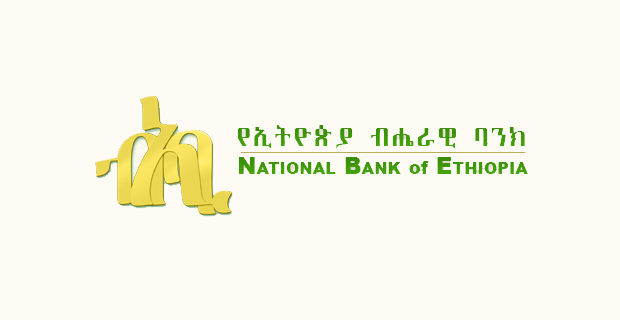National Bank of Ethiopia has drafted a new directive which will allow banks to engage in non-banking business activities. now allows banks to directly engage in businesses not related to banking, provided that they do so in a joint venture or partnership agreement with their customers, through an interest free banking service.
The draft bill is designed to repeal the 1996 Limitation on Investment of Banks, National Bank of Ethiopia directive. Banks who will engage in non banking activites are required to do so in a joint venture or partnership agreement with their customers, through an interest free banking service.
The National Bank of Ethiopia has circulated the new draft directive to all banks in Ethiopia for consultation.
The National Bank of Ethiopia authorized interest free banking in October 2011 as part of the services given by a conventional bank and not as an independent operation in and of itself.
Another provision that has pleased two bank presidents that Fortune talked to is one that allows larger investments in financial infrastructure. The 1996 directive allow banks to invest 20pc of the company’s share capital in a single non-banking business and total holdings in such businesses can only reach 10pc.
The draft directive makes exception for financial infrastructure investments. Companies like, Premier Switch Solutions (PSS), which was established by Nib, Awash and United Banks in order to provide ATM services to customers of all three banks, under one banner, fall under financial infrastructure investments.
The draft directive has also lowered the amount of shares a bank can hold in an insurance company from 20pc to five percent. This change is also a way of accommodating the licensing and supervision of the insurance business proclamation ratified recently.
The number of shares a single shareholder can own in an insurance must not exceed five percent, according to this proclamation. Insurances are given a three year time period to abide by these provisions.
The National Bank of Ethiopia is expecting comments from banks and other stakeholders before the end of March 2013.
Source: Fortune



